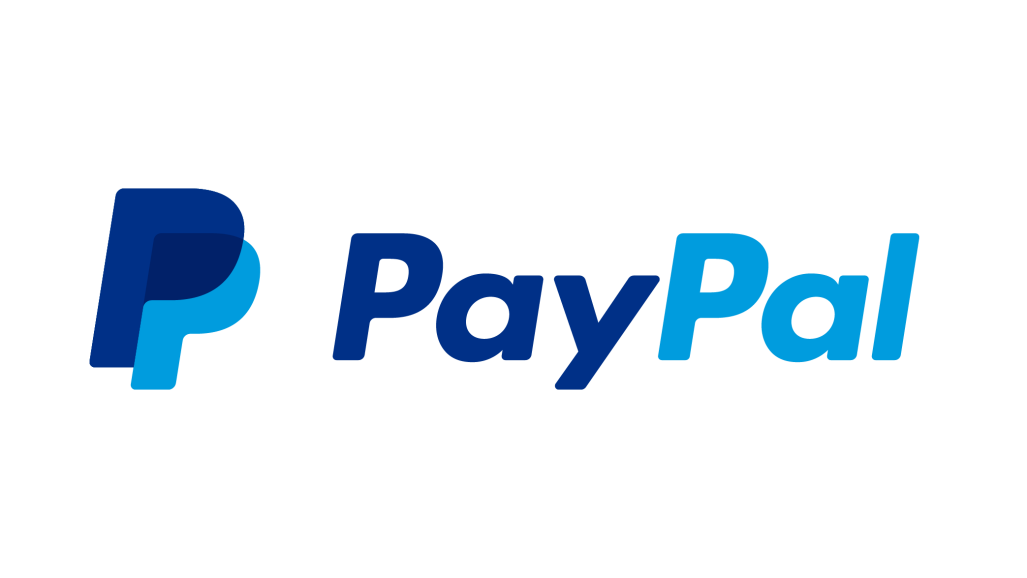Common Ecommerce Merchant Account Fees Explained
It seems so simple; you make a sale, the customer gives you a credit card number, you get paid. And, while that is pretty much how it works, there are a whole lot of steps in between accepting that credit card number and getting paid. Further, in most cases, each of those steps has an accompanying fee you will pay out of your profit on the sale. For this reason, it’s critical to understand all of the terms of your credit card processor’s contract. To help you with this, here’s a list of the most common merchant account fees, explained.
Interchange Fees – Let’s say you own an ecommerce furniture store. When a customer uses a credit card to buy a piece of furniture from you, the card’s issuing bank pays your bank the amount of the purchase, less a fee for conducting the transaction. This is the interchange fee. Your bank then forwards the money to your account—less a fee for processing the transaction on your behalf.
Annual Fees — When you’re planning to start a furniture business online, you’ll need to accept credit cards—period. The size of your average transaction will necessitate doing so. Some credit card providers will charge a set fee each year to grant you the privilege of accepting their cards and generating revenue on their behalf. However, because some companies don’t impose this fee, it’s important to shop around for the best deal, like any other purchase you’ll make.
Monthly Fees – A provider’s call center costs are usually passed on to the merchant in the form of monthly fees. Remarkably, most calls to the center are the result of a misunderstanding on the issuer’s end. Think about it, when transactions go smoothly, there’s no need to talk. When they go awry a call to the center is initiated and these usually happen because of something the card issuer did, or did not do.
Transaction Fees – As the name suggests, you’ll pay a fee for each transaction processed—whether approved or not. In other words, each time you ask your processor to consider a credit card number, they charge you a fee. The amount of the fee can vary for transactions depending upon whether the card is present (swiped) or the number is keyed in (card not present). Ecommerce stores typically process card not present transactions, so you’ll pay more.
AVS Fees – Card not present transactions with Visa and MasterCard require verification of the cardholder’s address (Address Verification Service). Said simply, AVS verification ensures the address and ZIP code provided by the customer matches the one on file with the account to defend against fraud. Credit card companies charge merchants a fee to conduct these verifications.
Internet Gateway Fees – Ecommerce merchants must use an internet payment gateway provider, who also wants to be paid for providing the service of processing your credit card transactions and forwarding payment instructions to the card issuer’s bank.
Incredibly, these are just a few of the most common ecommerce merchant fees you’ll encounter. With such a long list, you might wonder why anyone would bother accepting credit cards in the first place. Of course, the primary reasons are the convenience and security of your customers. Keep in mind; you can negotiate these deals just like any other. Most issuers have a variety of plan structures designed to benefit different business types. Make it a point to read the terms of your agreement with your issuer and review the fee structure very carefully.
Thank you for reading this article!





